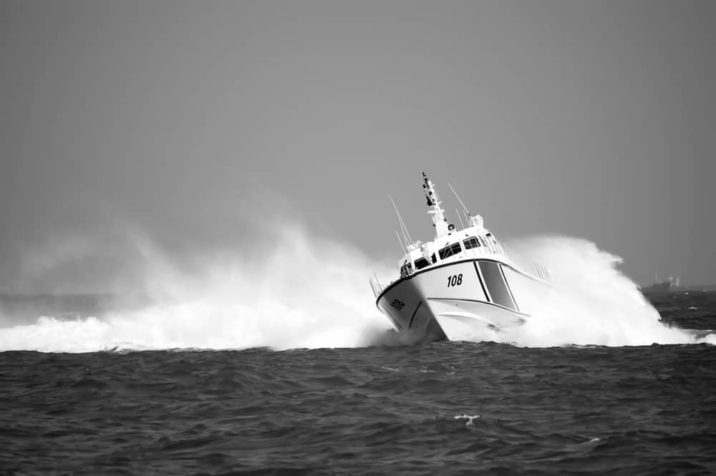Although they both revolve around working offshore, the Law of the Sea and maritime law actually have very little in common – despite the fact that their names sound as if they should be similar. The Law of the Sea deals with international laws and ships, while United States maritime law pertains to any damages and injuries that happen when people work offshore. The Law of the Sea has nothing to do with workers or people; it is a set of laws that govern how vessels can operate due to international agreements that are contracted between nations when they have vessels at sea.
So if you are a sailor, or someone who works offshore in Houston, then your injuries and damages would be handled through maritime law and would have nothing to do with the Law of the Sea.
What is the Law of the Sea?
The Law of the Sea was created to establish boundaries in regards to maritime movement and conduct. The principles and the rules were established centuries ago to avoid conflict and war at sea. Although they’ve been ratified over the centuries, the laws are still the guidelines that ships and vessels have about what they can and cannot do when they are in international waters.
Laws of the Sea deal with:
- Who has jurisdiction over coastal waters. Each country used to hold territory that encompassed three nautical miles off of their shorefront into the sea. But those territorial water boundaries have been extended to 12 nautical miles past the waterline, or baseline of a country’s shoreline. There is also a “contiguous zone” that extends 24 nautical feet. That means that if a vessel or ship is within that territory, they must adhere to that country’s immigration, pollution policies, and taxation laws.
- Who has ownership of national resources. Up to 200 nautical miles off the shore of a country, that country has Exclusive Economic Zone rights. If there is a continental shelf, then that territorial right can be extended up to 350 nautical miles. That means that any natural resources located within that boundary are the rightful property of the country that holds it. All mineral resources, oil and gas, seafloor deposits, and fishing opportunities belong to the territory that the surrounds a nation’s shore.
- Rights to navigation. To pass through a boundary that is the territory of another nation, the vessel or ship must have permission due to the doctrine of innocent passage; you may not encroach upon someone else’s sea territory without permission.
The maritime law is an act that was created to protect those who work offshore on vessels and ships when they are injured at work. It guides vessel and ship owners, as well as those who work on ships. Those laws include:
- The Merchant Marine Act of 1928. Most commonly known as the “Jones Act,” this is a law that covers workers who are injured at sea. It also governs how things can be transported through American ports.
- The Death on High Seas Act. When a sailor or crew member dies at sea, they have the right to have their funeral expenses paid for and financial support is given to those who are left behind and dependent on them.
- The Longshore and Harbor Workers’ Compensation Act is an act that gives non-sailors the right to sue people who are engaged in the maritime industry.
- The Outer Continental Shelf Lands Act is meant to protect people who work on rigs and non-sailors if they are injured while working.
If you are injured at sea in Houston, then your injuries and damages are guided by the Jones Act and what maritime law dictates you are entitled to. Since it is a complex set of rules and regulations, it is imperative that you hire Houston maritime lawyers who understands the ins and outs of maritime law and how it relates to those who work offshore and on rigs. Differing from the Law of the Sea, which just deals with international territory laws, maritime law is what protects workers who are injured when working offshore.




